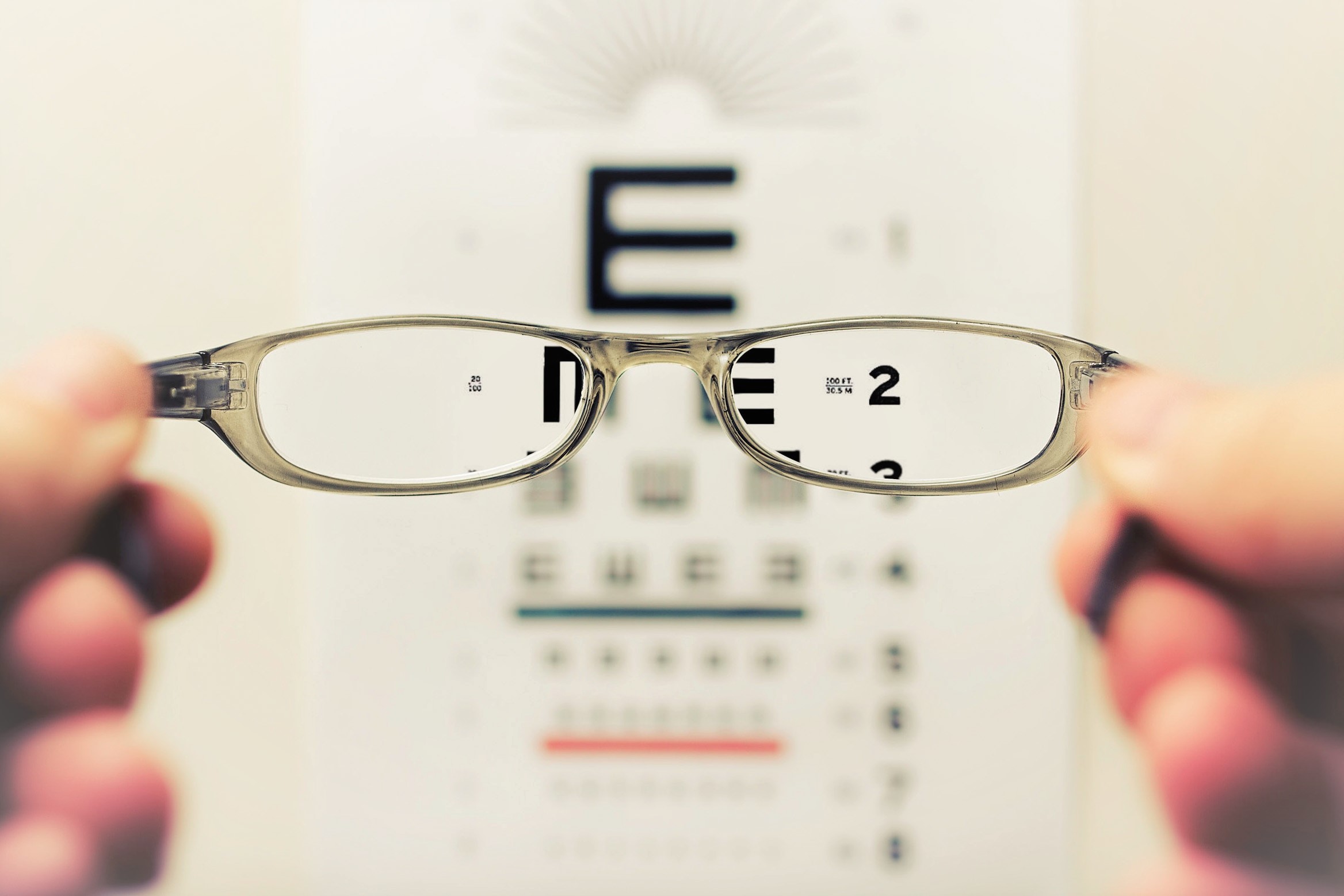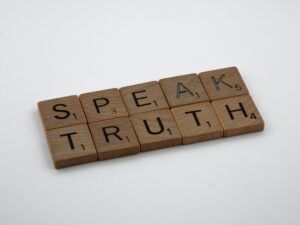A lot of people take issue with personality tests. (I used to be one of those people.) The objection is clear: No individual unique person is exactly like any other person. And putting people in a box isn’t helpful. And besides, those results never really capture who I am.
It’s true. Every person is unique; no one can be summarized in a simple personality box; and often the results of personality tests are inaccurate.
Why have I come round to appreciating personality tests? Mostly because I began to see them for what they actually are: a helpful rephrasing of accurate information I already know about myself.
Personality tests can’t reveal anything you don’t already know.
Why? Because you are putting in all the information! You are the one who selects the answers to the questions. And if you select an answer that isn’t accurate to you, then the results will not be accurate – and vice versa.
Most personality tests (and here I’m not really talking about BuzzFeed’s which Jane Austen heroine are you) are more complicated versions of something like the following: Do you prefer (a) reading, (b) skiing, (c) singing, or (d) painting? If you choose B, the results will read: “you are an athletic person who enjoys the outdoors” because you said you prefer an outdoor athletic activity to other things.
It’s not rocket science.
But what if you don’t know what you like? That hesitancy often comes out in the results which feel like they don’t ‘match’ you. What’s more, many of us can’t see ourselves in relation to the general population. So if a very punctual person has been late twice all year, they may select that they aren’t punctual… when in fact compared to the vast majority of people they are.
The truth is, for personality tests to be really helpful, we have to know ourselves to some extent already. And that takes time – often the test results can be all over the place until our mid-late 20s when we finally settle a bit more into being ourselves.
But what about the whole ‘people are individuals’ objection? I couldn’t agree more. People are individuals, and there’s no simple way to categorize them. However, there are certain aspects of the way we see the world, the way we interact with people, the way we form habits, that we share in common with others.
Personality tests can help us to see how we see the world/ interact with people/ form habits in relation to how others do.
Take one of the most widespread examples: introvert and extrovert. To say “I’m an introvert” hardly captures the whole of who I am. But one aspect of how I experience the world is that I prefer being in small groups to large ones, and prefer being with people I know and trust than going out with total strangers. I have friends who positively love going to parties where they don’t know anyone: everyone is a potential new friend. They come home from that event totally energized. I need a day home alone.
Neither of us is ‘better’ than the other. We’re just different – in that regard. In many other regards, we might be similar: similar hobbies, similar taste in music, etc. etc. As long as I don’t pigeonhole my friend into being merely that one aspect of her personality (“extremely outgoing”), our friendship can improve through knowledge of our differences in this area.
But understanding that we each approach the same situation with different feelings and leave with different energy levels actually helps us to be better friends. She will know not to call me the next day to invite me to yet another party, and I won’t begrudge her busy social schedule.
Moreover, knowing about this aspect of ourselves helps us with better self-care. She needs a wide circle of friends and I need time alone.
Lastly, it helps us step out of our comfort zones. She can help me meet new people and I can help her learn to slow down and be more peaceful.
Have you ever found a personality test to be helpful?






